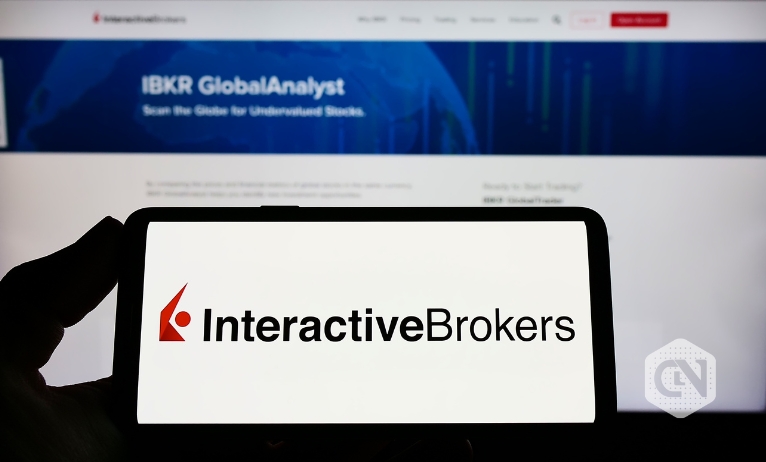The fact that someone has impersonated Admiral Markets is alarming. This is for more than a single reason; however, the most recent one comes to light on a serious note since this is the 5th time that malicious actors have caused harm to the brand and its investors. The UK FCA has stepped in for now, saving a large number of investors and customers from becoming victims of the fraud.
For starters, cloning a broker’s website, or any business for that matter, poses a threat to the entire ecosystem. Customers and investors are at high risk, for it entails putting their funds into a system with zero returns on top of getting stolen.
Impersonators use the basics to pose as businesses. This can include, without limitation in any manner, the name and contact details mentioned on the official website, along with addresses.
FCA’s response and warning
The instance of Admiral Markets fraud is not new, and neither is the involvement of the UK Financial Conduct Authority. The FCA has been saving businesses since its inception as a part of its mission to ensure that customers get a fair trading environment. The Authority regulates nearly 45,000 businesses, supervises 44,000 firms, and has set specific standards for almost 17,000 firms.
FCA’s new fraud warning came on January 4, 2024, stating that impersonators use the official website’s names, contact numbers, and addresses. Tagged as a clone firm, FCA has sought traders to exercise caution while engaging with any platform other than admiralmarkets.com.
Two clone sites that have been caught are:
- fxsadmiral.com
- admiral-fx.com
Advertisement
They continue to offer FX/CFD services to those who engage. Impersonators are contacting not just investors but also customers at an unexpected moment. They introduce themselves as official authorities and find a way to take their funds, or rather, steal their money.
Additional information utilized by impersonators comprises Admiral Markets’ logo and FCA license number.
An investigation is underway by Admiral Markets and FCA. Till then, it is ideal to take a closer look at the details of the platform before continuing to stay in touch with it. The Authority has further warned that there is a chance that impersonators may change or mix details to give a more authentic look to their clone platform.
Admiral Markets has been at the center of impersonators. FCA first cautioned customers in 2017, then in 2018, and again in 2020. Malaysia has also warned traders and investors about malicious actors wrongly posing as the company in their region.
As of now, retail customers have been asked to verify the authenticity of the platform by checking its contact details, checking the regulatory body’s official register, and ignoring unsolicited offers and extremely high returns.
Threats by Impersonators
Impersonators who pose as businesses bring a lot of challenges. For instance, they put a trader’s capital at high risk of being lost or stolen. Next, they tend to circumvent regulations. Thereby, operating on land illegally.
- Deception ends up hurting the business of a company. Customers and investors tend to stay away from the brand and look for an alternative for security.
- Financial loss appears as evident suffering due to the fact that the underlying objective is to rob users of all funds.
- Users put their personal data at risk of being misused. Worse, the same can be put up on the dark web for sale.
An optimal method for identifying impersonators is by verifying the official organization’s registry. This applies to businesses and clients globally and is not restricted to a specific region. Unexpected returns are offered as the initial incentive upon initial contact.
Other Incidents
Advertisement
XTB and Hargreaves Lansdown have previously fallen victim to such an act. The FCA issued warnings to the British market in the last week of 2022.
Conclusion
Admiral Markets which is one the best forex brokers has committed to providing a safe experience to its traders and investors. It is working to put a stop to the attempts to create a clone website. It could take a while, during which users should research the internet.







